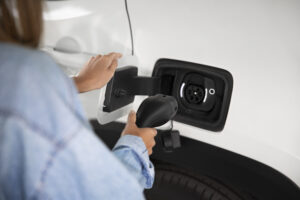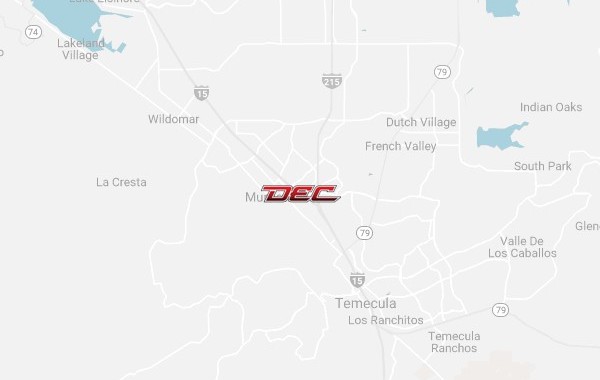Temperatures are dropping and with it comes the use of your furnace and fire place to keep us nice toasty. Unfortunately during this season we hear news headlines on fire and carbon monoxide deaths that could have been easily prevented by a working smoke or fire detector in the home.
But not all smoke and carbon monoxide detectors work the same. Have you ever asked yourself is this thing working? When was the last time I changed the batteries? Or which beep or alarm is for what detector? Safety shouldn’t be a guessing game.
With a variety of home smoke alarms and methods of home safety detection, it can be overwhelming when shopping for a home system.
The International Association of Fire Fighters (IAFF) recommends Photoelectric smoke detectors.
The National Fire Protection Association ( NFPA) recommends using both Photoelectric and Ionization smoke alarms.
Photoelectric alarms respond to slow smoldering fires, best suited for living rooms,bedrooms, where large furniture pieces can burn slowly and create more smoldering smoke than flames. Where as Ionization alarms, are more responsive to flame fires. Carbon monoxide home detectors measure certain levels of Carbon Monoxide gas in your home and alert you to either leave the area or to ventilate your home.
If your looking to save wall space and not worry about changing batteries frequently. Kiddie products have created FIRE X, a combo alarm system that is hardwired to your inter connected Kiddie system.
Depending on the model, some are equipped with voice alarm system that can detect the specific danger. Some models have a 10 year Lithium back up battery.
Engineers from Nest labs have developed the NEST PROTECT, a smart smoke and CO prevention alarm that can detect and submit an early warning when it senses danger. Instead of a beeping alarm, it warns you ahead of time in a human voice to instruct you on the exact danger and what to do before the loud alarm sounds.
The NEST PROTECT tests it’s self. Instead of a chirping noise like most detectors do when batteries are low, the NEST PROTECT glows in the dark to indicate it’s working. It functions as an automatic night light in the darkness and dims when you pass it. How does it work?
The NEST PROTECT can be linked to your wifi. It can easily be monitored with any smart device. You can check the status or alerts from your phone. If it alerts of CO poisoning, it signals to your NEST thermostat, to shut off your furnace through your NEST ACCOUNT. A simple concept in home smoke and carbon monoxide detection.
Regardless of the system you choose for your home, home smoke and CO detectors and alarms should be replaced every 8-10 years.
Visit our website at www.directelectricco.com
Call us at today to schedule your Home Smoke and CO detector installation







